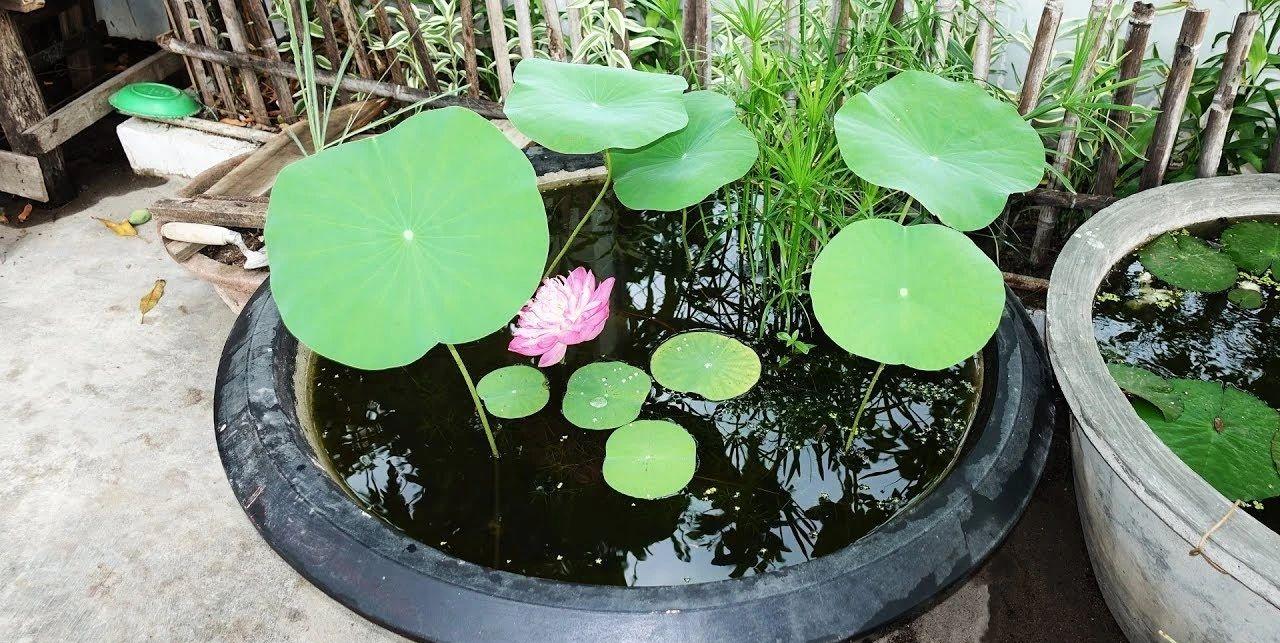In the hot summer, many friends will raise some bowl lotuses (lotuses) or water lilies at home, or raise some half-water and half-soil copper money grass, etc., such plants are very ornamental, can be raised in a full-day environment, even if it is exposed to sun maintenance, it does not matter, but these half-water and half-soil environments are easy to breed all kinds of insects.

The most annoying thing in the summer is mosquitoes, mosquitoes will lay eggs in the water, and the larvae of those mosquitoes (spp.) are very annoying and, if not handled properly, will cause mosquitoes everywhere in the yard.
1. Little black fly and other pests in the soil
Some friends raise flowers indoors, if the potting soil is often wet, improper watering, poor environmental ventilation, in such an environment a little do not pay attention to watering, the soil is also very easy to breed small black fly, small black fly although there is no harm to people, but will fly around in the house, but also will be large-scale reproduction, it looks very annoying, how can these problems be solved?
There are also some friends who have some small nail snails (fine drill snails) in the soil when raising flowers, or there are tide insects, small centipedes and other small insects, think about it and feel uncomfortable, in fact, there are ways to prevent, such as regularly sprinkling soil worms in the soil.
2. Uncorried organic fertilizer breeds pests
There is also a situation that will lead to excessive breeding of these insect pests, such as when fertilizing, accidentally give some organic fertilizer that is not decomposed, including manure or compost, if you use uncorrupted organic fertilizer when raising potted plants, coupled with poor environmental ventilation, lack of light and other reasons, such an environment is particularly easy to breed insects.
3. Attention to the use of insecticides:
Usually, when we raise flowers, we can spray imidacloprid to plants every 15 to 30 days or so, and add imidacloprid spraying once when watering normally, which can prevent the breeding of insect pests and can achieve a good preventive effect.
If there are insect pests in the soil or on the plant (such as common aphids or whitefly), the infestations can also be removed. Usually, we can also sprinkle some furoxamin or biphenylthiacidine in the potting soil every 15 to 30 days or so, and sprinkle a little on it regularly, which can prevent insect breeding and also have a good effect on preventing insect pests.
The above-mentioned imidacloprid can be mixed with water, sprayed on the foliar back of the plant, or it can be watered on the soil.
The two insecticides of furosemide and biphenylthiazepine are granular agents, which can be prepared when raising flowers, and sprinkled directly on the soil when used, and the insect pests can be removed by normal watering in the later stage, generally every 20 to 30 days.
These insecticides can be well absorbed by plants and can prevent plant breeding pests, and harmful insects on plants, including aphids, mesozoans, whitefly or thrips, will be poisoned by these agents. It can also prevent the breeding of insect pests in the soil, and the pests in the soil can also be removed, including caddisflies, grubs, ground tigers, golden needle worms, these drugs also have the effect of promoting plant growth, which can be said to be a multiplier.